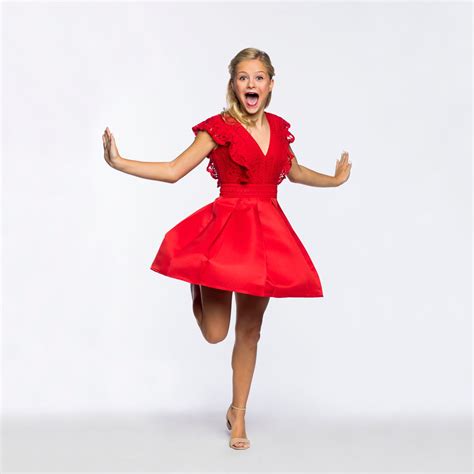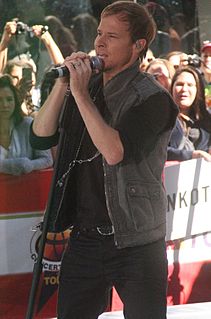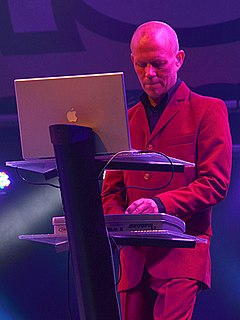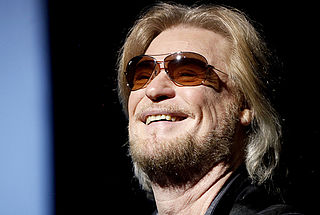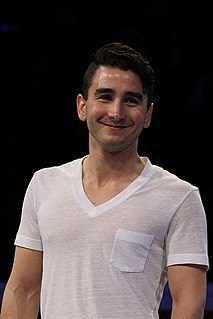A Quote by Darci Lynne Farmer
Singing in multiple voices, especially Oscar's, can make my vocal chords tired.
Related Quotes
I've been diagnosed with what's called vocal tension dysphonia. The muscles around my vocal chords kind of constrict my vocal chords from doing what they should do. It's kinda like being a body builder and you have muscles that are so large that they don't allow you to have flexibility, if that makes sense.
If I am able to sing again it will be through some miracle operation. There's a lot of work being done to help singers regain their voices, but in my case I actually lost vocal tissue so it's very hard for my chords to rub together and I need to replace that tissue. I remain optimistic but not tremendously so.
In a thousand voices singing the Hallelujah Chorus in Handel's "Messiah," it is possible to distinguish the leading voices, but the differences of training and cultivation between them and the voices in the chorus, are lost in the unity of purpose and in the fact that they are all human voices lifted by a high motive.
With a track like 'White Christmas,' everybody has done that song in every format you can imagine, so I just looked at the chords at that particular song and what chords would make it work. That's kind of quite a sad song, and I had this idea of someone singing it in the subway, someone who is homeless, old and sad.
In any big spectacular, it's really difficult to have enough voices to cover all the vocal parts. To give the audience the complete experience they're expecting, there is some reinforcement, some playback that everybody's hearing. Sometimes it's background vocals, but sometimes it will be actually vocal tracks. It's so hard to ensure, with no safety net ... you're not gonna get another shot at it, you have to have stability. I think it's very naïve of a lot of people to think that when you see someone open their mouth, they're really singing.
